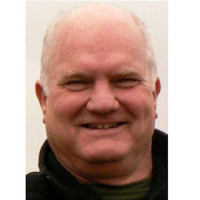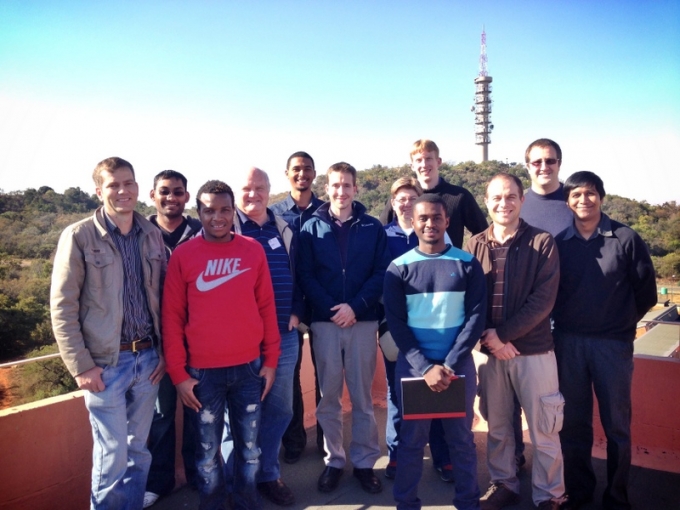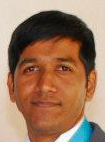
Prof Michael Inggs is an Emeritus Professor (since 2016) in the Department of Electrical Engineering, University of Cape Town, South Africa, being the founder in 2011 of the taught masters programme in Radar. During 2015 he handed over the Convenorship of the Radar Masters, being on sabbatical leave before retirement at the end of 2016.
Michael Inggs was born and educated in the Eastern Cape, South Africa (Uitenhage and Grahamstown). He has an Honours degree in Physics and Applied Mathematics from Rhodes University (1973) and a PhD and DIC from Imperial College, London (1979). He is a Life Senior Member of the IEEE.
Prior to joining UCT, he held posts at Decca Radar Research Laboratories (UK), Raytheon Data Systems Company (USA), ESD Ltd (RSA) and the SA Naval Dockyard, Simon’s Town, South Africa. He joined the Department of Electrical Engineering, University of Cape Town in 1988, as an Associate Professor and was promoted to full Professor in 2000. He has holds a Visiting Professorship at University College London, and has been a visiting Professor at TU Delft, Netherlands during 2015.
His research interests include radar, earth observation using radar, and high performance computing architectures and languages for signal and image processing. He has more than 200 journal and conference publications, four patents, and has supervised more than 100 M.Sc. and 20 Ph.D. to completion.
He was a member of the Administration Committee of the IEEE Geoscience and Remote Sensing Society 2011-2013, 2013 to 2016, as Director of Education. He was a member of the IEEE AESS Radar Panel until his retirement at the end of 2016, but remains as part of the Education Committee of this panel, assisting with Radar Summer Schools.
He currently is appointed at the Space Advisory Company as Principal Radar Systems Engineer.




